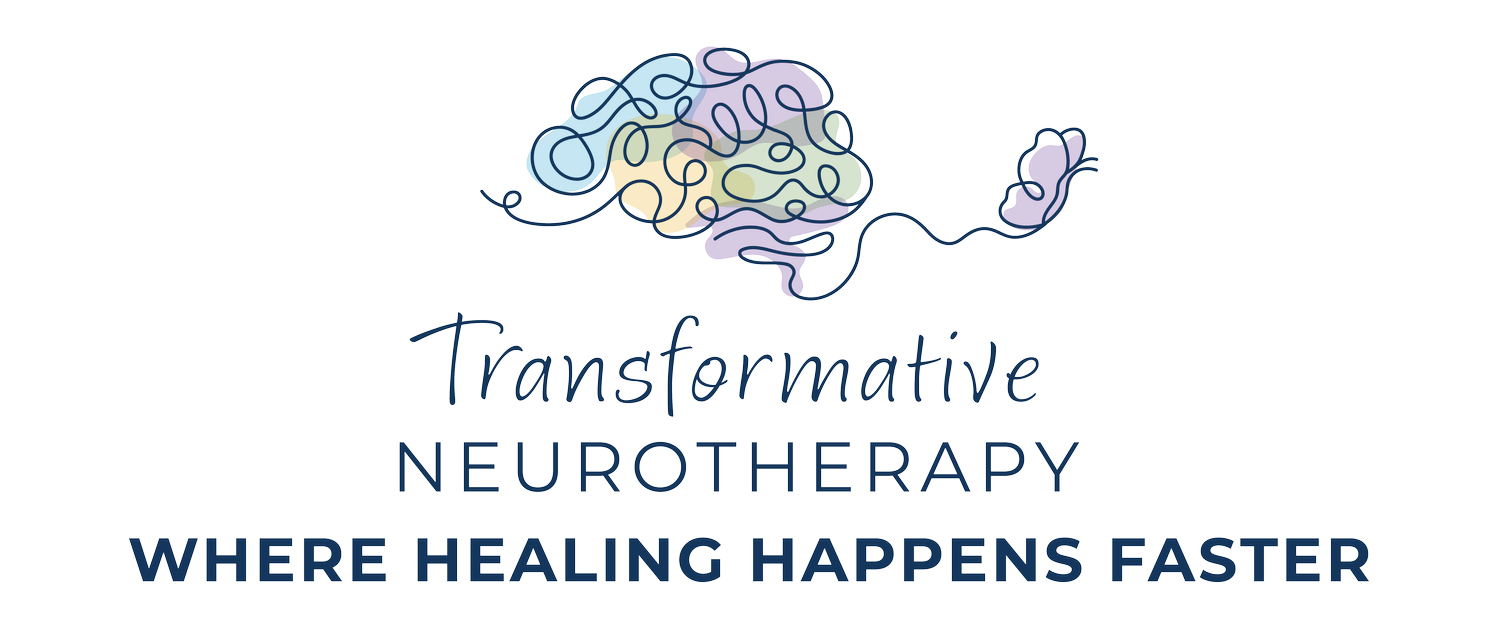NEUROTHERAPY FOR ANXIETY AND DEPRESSION
DOES THIS SOUND FAMILIAR?
You feel “stuck” in a cloud of sadness, emptiness, or hopelessness that sucks the fun out of things you used to love to do. You want to feel “unstuck,” so you can move forward in life.
You feel excessive worry or fear, making it difficult to concentrate or make decisions. You want your thoughts to be peaceful, allowing you to feel in control of your life.
You want to quiet your inner voice that feels like it’s bullying you, creating self-doubt and withholding the grace and understanding you easily give to others – but not yourself.
HOW NEUROTHERAPY CAN HELP:
Many clients experience improvements in mood, motivation, energy levels, sleep, and emotional resilience within a few weeks, with sustained results after multiple sessions.
Clients often find that their self-criticism diminishes, they feel more motivated, and they gain the ability to overcome obstacles to make progress in their lives.
DEPRESSION
Depression is often linked to dysregulated brain activity, such as:
Reduced activity in the left prefrontal cortex, which is responsible for motivation, mood regulation, and cognitive processing.
Overactivity in limbic regions (amygdala, cingulate cortex), leading to excessive negative emotions, rumination, and stress responses.
Imbalanced neurotransmitter function, including serotonin, dopamine, and norepinephrine, which are crucial for mood stability.
NEUROMODULATION HELPS WITH DEPRESSION BY DIRECTLY INFLUENCING BRAIN ACTIVITY TO RESTORE HEALTHY NEURAL FUNCTION, REGULATE MOOD, AND ENHANCE EMOTIONAL RESILIENCE.
ANXIETY
Neuromodulation helps with anxiety by regulating brainwave activity, calming overactive stress responses, and enhancing emotional resilience. Anxiety is often linked to dysregulated neural activity, such as:
Overactivity in the amygdala – Leading to excessive fear, worry, and stress.
Underactivity in the prefrontal cortex – Making it harder to regulate emotions and control anxious thoughts.
Imbalanced brainwaves – Excessive high-beta waves can cause racing thoughts, while low alpha waves reduce relaxation.
Clients undergoing neuromodulation for anxiety often experience:
Reduced worry, racing thoughts, and emotional overwhelm
Improved relaxation, focus, and sleep quality
Fewer physical symptoms of anxiety (heart palpitations, muscle tension, etc.)
Enhanced resilience to stress and emotional regulation




